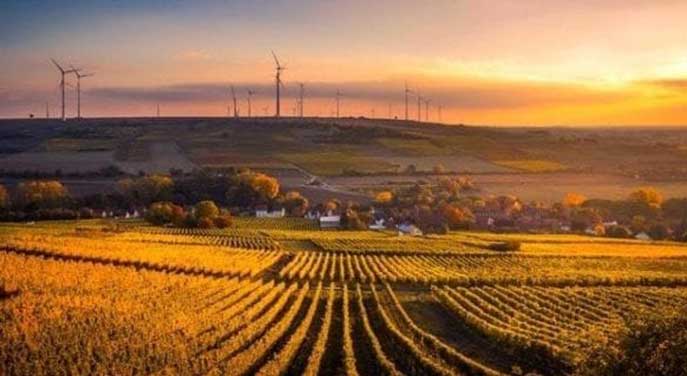 “Back to the future!”
“Back to the future!”
This thought echoes in my brain as I contemplate the imminent plebiscite on whether Calgary agrees to the omnibus International Olympic Committee, provincial and federal offers to co-fund the Winter Olympic Games again, along with some $390 million in Calgary municipal taxpayer dollars.
While most Calgarians who were part of the organizing committee 30 years ago are still brimming with nostalgia for those two magic weeks, do we really need to repeat the experience?
My memories are still strong: Ralph Klein leading the parade of athletes into McMahon Stadium while waving the Canadian flag, Ian Tyson and k.d. Lang’s magical duets, and Canadian military jets screaming overhead with coloured contrails.
But it was all part of a different era, when Calgary was booming.
The argument for relaunching the Winter Olympics is predicated on stimulating a construction boom to overcome the current economic doldrums, to kick-start a new version of our global ‘winter city’ identity, and to blatantly get $5 billion into the hands of local entrepreneurs, tradespeople and the unemployed.
I have an alternate suggestion.
How about checking this assumed economic privilege and doing something unique and wonderful on the world scene? Something that demonstrates a new vision for our global collective future, tackles a major international problem with prairie can-do enthusiasm, and builds on Calgary’s agricultural and technical expertise?
I’m proposing a $5-billion investment to create a new agricultural hub in southern Alberta. It could promote and combine free-ranging bison with hybridized crop experimentation, new approaches to intensive agriculture, and conceptual planning for new crop regimes linked to the gradually rising prairie temperatures caused by climate change.
Obviously, the implementation of such a well-funded rethinking of prairie agriculture and bison husbandry would require top-notch agricultural experience, scientific backing and a skilled labour base. Ideally, that labour base would be one attuned to the new lower-latitude crops that may become the staples of the climatically changed prairies.
We’re increasingly warned (see the UN Intergovernmental Panel on Climate Change Report from Oct. 8, 2018) that the tropics are moving north. And we’re told that it’s time to prepare for 1.5 to 3.5 degrees Celsius increases in global ambient temperatures by the end of this century. It’s fair to say we’re becoming aware of this dilemma.
Why not make southern Alberta the epicentre for adaptive agricultural planning in the northern hemisphere?
We have the open range, we’re historically an agricultural province, and right now caravans of people are fleeing Central America (in particular Honduras, El Salvador and Guatemala) for northern latitudes. And similar caravans have been fleeing Syria and Northern Africa for Europe for the past decade.
Interviews conducted by western media like the Guardian and the CBC increasingly note that among the broke and broken caravan members are people simply seeking livable lives. Among them are large numbers of equatorial-region farmers who have experienced multiple seasons of crop failures, and can no longer pay their bills or feed their families on farm incomes. These are precisely the kind of climate change refugees that the world is increasingly going to have to re-accommodate.
Why not begin this process in Southern Alberta as a test case for the world to watch and learn from?
Ideally, we could prioritize the most recent caravans (reportedly comprised of under 10,000 refugees) heading north through Mexico to the United States. But at least a year will be required to launch the planning efforts, select the land base and construct suitable accommodation.
Hopefully, Mexican and American authorities could be convinced to care for this first cohort of climate refugees while preparations were completed.
Communities with long experience of living in the ‘buffalo commons,’ such as the Treaty 7 First Nations, and groups with long experience of prairie farming like the Mennonites and Hutterites, could be recruited as project advisers and potentially as family sponsors.
The existing Syrian family resettlement programs across Canada could also provide very valuable lessons to the project.
Before we commit to repeating the Winter Olympic experience, why not dare to be responsive to the new challenges facing us all?
Why not harness the much-vaunted Stampede Spirit to prepare for our emerging new west?
Troy Media columnist Mike Robinson has been CEO of three Canadian NGOs: the Arctic Institute of North America, the Glenbow Museum and the Bill Reid Gallery.
The views, opinions and positions expressed by columnists and contributors are the author’s alone. They do not inherently or expressly reflect the views, opinions and/or positions of our publication.


